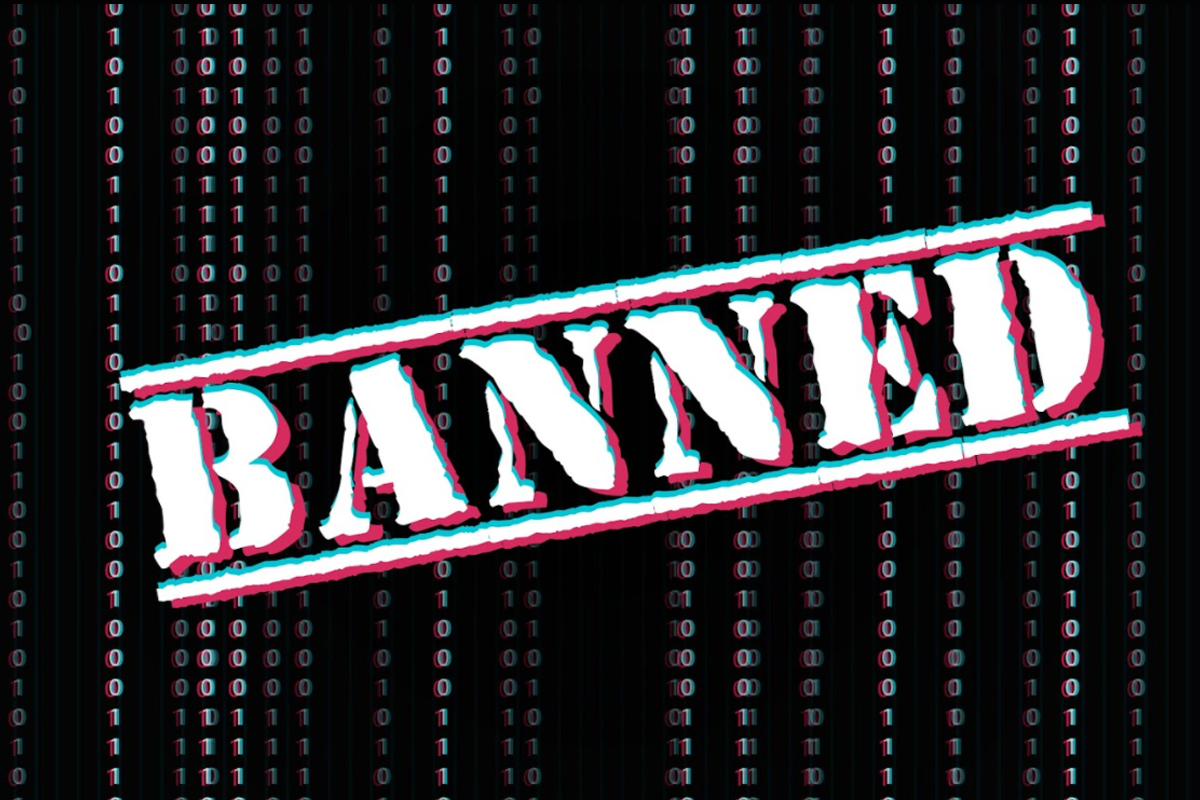The sudden clampdown on Chinese apps by the Indian government has caught the media industry, advertisers, marketers and content creators by surprise and has forced many companies running campaigns on these platforms to look for alternative digital avenues.
The biggest and most popular amongst these 59 apps is ByteDance owned short form video app TikTok.
Advertisers expect budgets and campaigns to move to platforms like YouTube and Facebook’s Instagram from the Chinese app, but despite TikTok’s meteoric rise, media agency experts feel the move won’t make a big enough dent.
Ashish Bhasin, CEO, Asia Pacific, and chairman India at Dentsu AegisNSE 8.14 % Network said TikTok as a platform had just started showing growth and the potential to garner more advertising revenue would be seen over the next year or two.
“So far, it’s not that significant a player to make a difference to the overall ad market.”
TikTok earned between Rs 20-25 crore in advertising in the October-December quarter last year which almost doubled in the first quarter of 2020, as per industry estimates.
“Overall, TikTok would have garnered Rs 200-250 crore this year. But now that money will be re-allocated to either Facebook and Google or other media platforms,” said a top executive at one of the multinational agencies.
Facebook, Instagram and Google declined to comment.
Amit Tripathi, managing director of IdeateLabs, a full-service digital marketing agency said advertisers will simply look elsewhere for their customers. “I don’t think apart from a few nervous guys who would have already invested their campaigns into these platforms, the remaining will bother so much.”
TikTok has grown exponentially in India in the last one year with close to 300 million downloads, 2400 plus content creators with a million plus followers and over 140 million daily active users in the country spending 40-45 minutes daily on the app.
This made advertisers take note.
Akshay Popawala, co-founder at digital marketing agency Togglehead said all spends on TikTok have been put on hold.
“The brands will push budgets towards Instagram or YouTube. The app has been deleted from the app stores but it is working on phones on which it had been downloaded before. We are also awaiting more details on this announcement,” he said.
Harsh Shah, senior VP, and business head, West, at full service digital agency Dentsu Webchutney said one of the campaigns being planned for TikTok by the agency will move to either YouTube or Instagram now.
“The real advantage is in gaining consumers for all these platforms if the migration happens. Like TikTok, whoever has the consumer will eventually inherit the money in media spends,” said Shah.
Saket Modi, CEO and co-founder of enterprise cyber security company Lucideus said from a security and data perspective, banning Chinese apps because of the ongoing sentiments is ‘ fine’ because they were taking a lot of data ‘without a doubt’, but assuming other apps are not doing something similar is not true.
“The more popular apps become, the better they get on taking more data out from the mobile phones. 80% of the popular applications copy what is there on your clipboard by default. It automatically goes to them and gets analysed. Almost all apps do it, and not just Chinese or American or Indian.”
After the ban was announced on Monday night, Nikhil Gandhi, head of TikTok India said in a statement that the company is in the process of complying with the order and has been invited to meet with concerned government stakeholders for an opportunity to respond and submit clarifications.
“TikTok continues to comply with all data privacy and security requirements under Indian law and has not shared any information of our users in India with any foreign government, including the Chinese government,” Gandhi said.
“Further, if we are requested to in the future, we would not do so. We place the highest importance on user privacy and integrity,” he added.
Berges Y Malu, director, public policy, at rival ShareChat said his company welcomes the move from the government against platforms that have had serious privacy, cyber security and national security risks.



No comments yet. Be the first one to leave a thought.